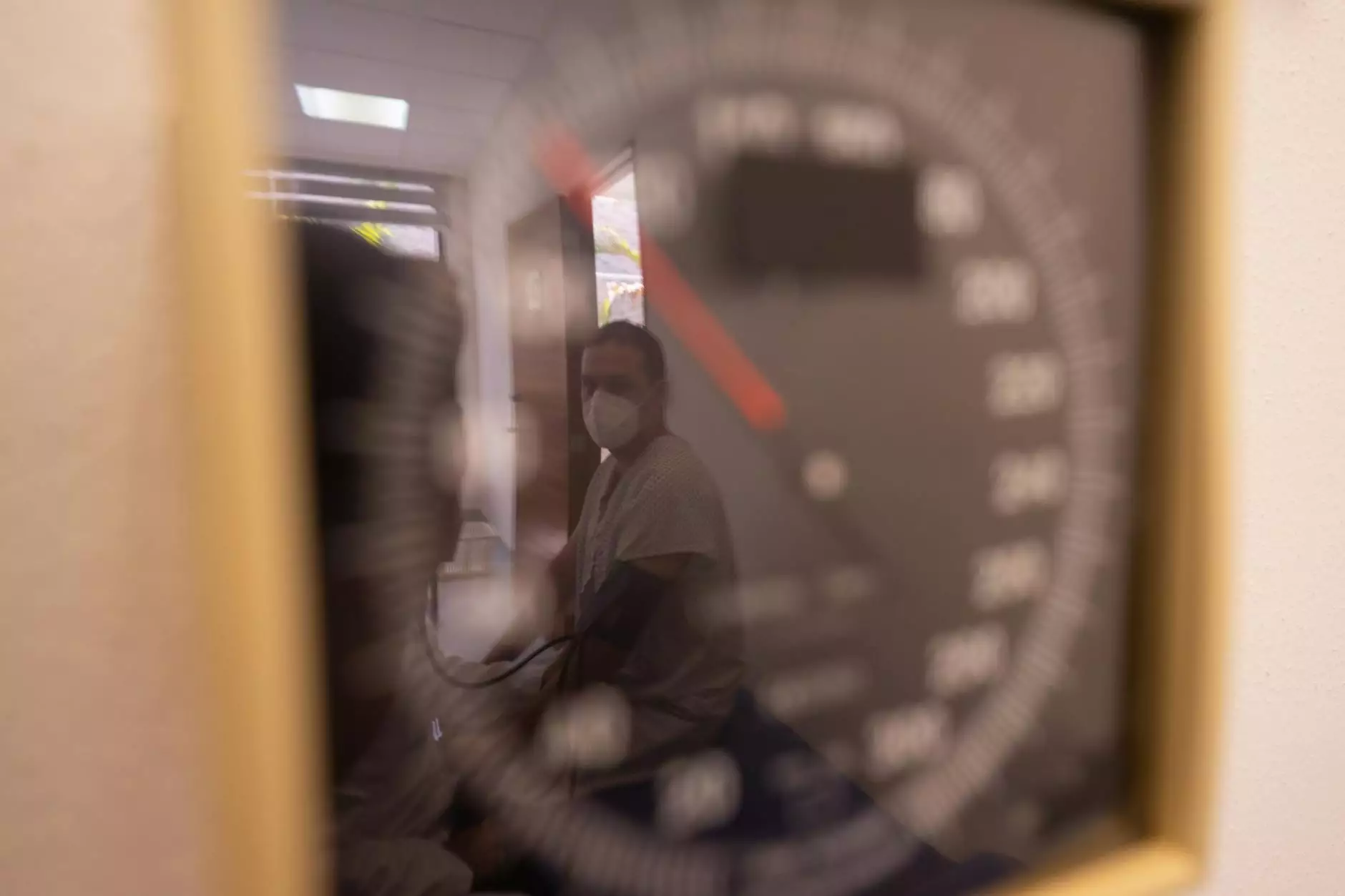Understanding Vascular Lab Tests: A Comprehensive Guide

Vascular lab tests play a crucial role in the diagnosis and management of vascular diseases. As the field of vascular medicine continues to evolve, the use of advanced testing techniques becomes increasingly important. This article delves into various aspects of vascular lab tests, explaining their significance, types, procedural details, and the latest advancements in the sector. Whether you are a healthcare professional, a patient, or simply curious about vascular health, this guide will provide valuable insights.
The Importance of Vascular Lab Tests
Vascular lab tests are essential for diagnosing conditions that affect blood circulation and vascular health. They offer a non-invasive way to assess the state of the blood vessels and the heart. Understanding the importance of these tests can help patients make informed decisions about their health. Here are some key reasons why vascular lab tests are vital:
- Early Diagnosis: Many vascular diseases exhibit vague symptoms that may not be easily recognizable. Early detection through vascular lab tests can save lives.
- Monitoring Progress: For patients with known vascular conditions, regular testing can help monitor progress and the effectiveness of treatments.
- Guiding Treatment Plans: Results from these tests can assist healthcare providers in determining the best course of treatment for patients.
- Evaluating Risk Factors: Vascular lab tests help identify risk factors such as high blood pressure, cholesterol levels, and diabetes, contributing to better preventative care.
Types of Vascular Lab Tests
There are several types of vascular lab tests, each serving a unique purpose in evaluating vascular health. Here, we will discuss the most common tests:
1. Doppler Ultrasound
Doppler ultrasound is a non-invasive imaging test that uses sound waves to evaluate blood flow in the arteries and veins. It is particularly useful for diagnosing:
- Peripheral artery disease (PAD)
- Venous thrombosis
- Carotid artery disease
This test allows clinicians to assess the speed and direction of blood flow, helping to identify blockages or abnormalities.
2. Ankle-Brachial Index (ABI)
The Ankle-Brachial Index is a simple, yet effective test used to compare the blood pressure in the patient's ankle with the blood pressure in the arm. A low ABI can indicate poor blood flow to the limbs, suggesting the presence of vascular disease.
3. Angiography
Angiography involves injecting a contrast dye into the blood vessels and taking X-rays to visualize blood flow. This test is essential for:
- Identifying blockages in coronary arteries
- Assessing vascular malformations
- Planning for surgical interventions
Angiography provides detailed images that help healthcare providers make informed decisions about treatment.
4. CT Angiography (CTA)
CT Angiography is a computed tomography scan that creates detailed images of blood vessels in the body. It is commonly used to detect:
- Aneurysms
- Blockages
- Other vascular abnormalities
This test is quick and offers a less invasive alternative to traditional angiography, making it a preferred choice in many clinical settings.
5. Magnetic Resonance Angiography (MRA)
MRA uses magnetic fields and radio waves to create images of blood vessels. It is particularly useful for evaluating:
- Blood flow in the brain
- Peripheral vessels
- Aortic diseases
This test is beneficial for patients who cannot tolerate contrast dye used in other angiography methods.
Preparing for Vascular Lab Tests
Proper preparation for vascular lab tests is essential to ensure accurate results. Here are some general guidelines patients should follow prior to their tests:
- Follow Instructions: Always adhere to the specific instructions provided by your healthcare provider. This may include fasting or avoiding certain medications.
- Wear Comfortable Clothing: Opt for loose-fitting clothing that can easily be adjusted for the examination.
- Stay Calm: Anxiety can affect test results, so try to remain calm and relaxed before and during the tests.
In case of any uncertainties about the test preparation, patients should consult their healthcare provider for detailed guidance.
What to Expect During Vascular Lab Tests
Understanding what to expect during a vascular lab test can help alleviate any anxieties associated with the procedures. While specifics may vary depending on the type of test, here is a general overview:
- Check-In: Upon arrival at the medical facility, patients will check in and complete necessary paperwork.
- Medical History Review: A healthcare professional will review the patient's medical history and current symptoms.
- Test Procedure: Patients will be escorted to the examination room where the test will take place. Medical staff will explain the process step-by-step, ensuring that patients understand each phase.
- Post-Test Instructions: Once the test is completed, patients will receive instructions on any follow-up care required.
Interpreting Results from Vascular Lab Tests
After the vascular lab tests are completed, the results must be interpreted correctly for effective decision-making. Here's how results may be analyzed:
- Normal Results: Indicate healthy vascular function with no signs of disease.
- Abnormal Results: May suggest the presence of vascular conditions such as blockages, arterial narrowing, or other issues. Further tests or interventions may be required.
Results should always be discussed with a healthcare provider, who can explain their significance and recommend appropriate next steps.
Advancements in Vascular Lab Testing
The field of vascular medicine is continuously evolving with technological advancements that enhance testing capabilities. Some recent innovations include:
- 4D Imaging Techniques: Allow for dynamic visualization of blood flow over time, providing richer diagnostic information.
- AI in Diagnostics: Artificial intelligence is increasingly being utilized to analyze test results, improving accuracy and speeding up diagnosis.
- Portable Devices: The development of portable vascular testing devices enables testing in various settings, improving access to essential diagnostics.
The Role of Vascular Specialists
Vascular specialists play a vital role in the management of vascular health. These healthcare professionals are trained to interpret test results, devise treatment plans, and carry out necessary interventions. The specialists at Truffles Vein Specialists are dedicated to providing top-notch care in the field of vascular medicine. Here are some key responsibilities of vascular specialists:
- Diagnosis: Utilize vascular lab tests to diagnose conditions accurately and effectively.
- Treatment Planning: Design comprehensive treatment plans tailored to each patient's unique needs.
- Patient Education: Teach patients about their conditions, treatment options, and preventive measures.
- Follow-Up Care: Monitor patients' progress and make necessary adjustments to treatment.
Conclusion
Vascular lab tests are an integral component of modern healthcare, particularly in the field of vascular medicine. They provide essential insights required for the diagnosis, treatment, and management of vascular conditions. As patients, understanding these tests can empower you to make informed decisions about your health. For more information and personalized care options, reach out to the experts at Truffles Vein Specialists, where your vascular health is our top priority. Embrace the journey towards better health with the knowledge and expertise of your vascular specialists.









